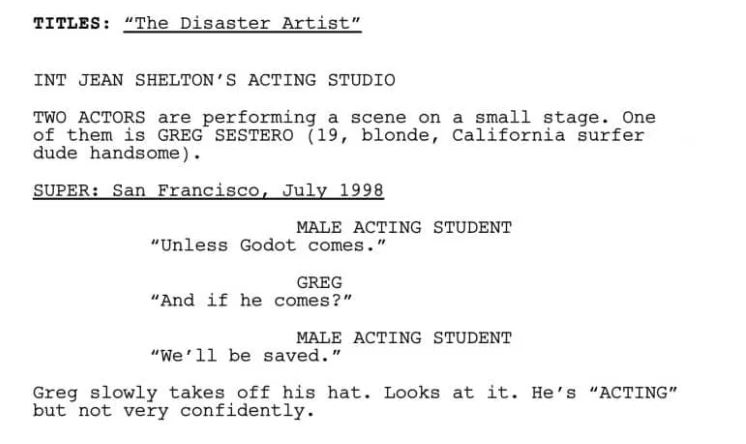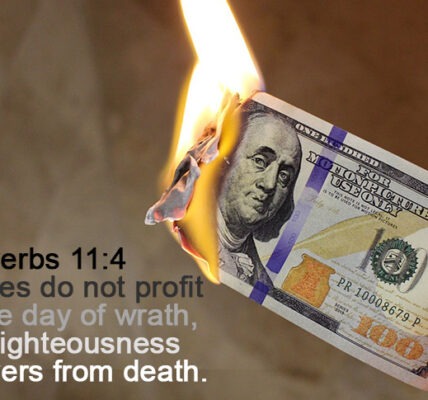A short time ago in a film industry not so far away, screenwriters could command salaries commiserate to some of their actor colleagues. Those days are long gone, however, and will probably never return. The really sad part about the current state of the spec script market isn’t that writers aren’t getting paid large sums of cash, it’s that only a few are getting paid for specs at all. But there are signs that things are changing, and we’ll talk about what that means for you as a writer.
The spec boom of the 90s carried over nicely into the new millennium, cresting with the 2005 sale of Déjà vu written by Pirates of the Caribbean co-writer Terry Rossio and his friend Bill Marsilii. That script, which eventually led to the Denzel Washington starring film, commanded a $5m price tag on the open market. But things took a sharp downturn from there. The WGA strike of 2008 was a major culprit, but so were the failures of major spec sales like The Long Kiss Goodnight, A Knight’s Tale and many more.
Then came the recession, and studios took it on the chin. As a fan of films, you may be disappointed by Hollywood’s original screenplay output but, if you run a company, why would you take risks that may cost you your job? That’s why sequels, franchises and existing properties are all the rage at the moment; a film studio is more comfortable green-lighting a story based on a bad TV show than taking a chance on a writer’s original idea. As ridiculous as The Dukes of Hazzard seems in retrospect, the studio thought it was a sure thing. That’s just reality. Franchises and existing properties are not going away.
The last three years have seen an uptick in spec sales, however; we’re not talking significant numbers here, but things are trending upward. Although 2012 didn’t have as many as the previous two years, the prices were more robust—an important sign for screenwriters. Even more encouraging is that a lot of the major sales are not going to established names. People in the film business know Shane Black because he racked up a number of great sales in the early part of his career including Lethal Weapon and The Last Boy Scout; amazingly written action scripts, no matter what your opinion of the finished products. There’s no Shane Black dominating the market this time around—he’s too busy directing Iron Man 3. Rather, we have unknown writers—first-time authors or industry vets who have yet to get serious credits—making the money and headlines this time. Hollywood is a rough place for a new screenwriter, but that climate is improving. Is it ideal? Is it perfect? No, but it’s the best it’s been in a while.
So what is the best way to write that spec that studios are now more receptive to making? The answer lies in the dreaded ‘high-concept’ area. Like it or not, simple stories told well are not what get your foot in the door. If that’s the kind of story you have, you may be better off going down the indie route. Similarly, if you see your story as something you want to direct yourself, then going down the studio spec route is not for you either. When studios shell out high-five and six-figure deals for scripts, it’s not so a writer/director can make their personal story for the world to see. It’s for a movie that can attract big names, and make the studio big money.
A high-concept story can work both ways, of course. Those same high-concept scripts that made screenwriters millionaires in the late 90s and mid-2000s were the same ones that audiences weren’t interested in seeing at the box office, causing some of the trouble we’re currently in today. But Hollywood isn’t really one to learn from its own mistakes, so high concept is still the way to go. Just last year, the hottest idea going around town was about terrorists taking over the White House. Coincidentally, there were two scripts being sent around with that similar premise—Olympus Has Fallen and White House Down; they both sold and they both come out this year. So, if you take just one thing from this column, it’s that if you had a White-House-under-siege spec, you’re out of luck.
The two most popular spec genres remain action and comedy—if you can combine the two, even better!—with horror also being added to this boom. For reasons explained in previous columns, horror can be made cheap with minimal star power. They are the most profitable films a studio can make, and recent spec trends have shown they are clearly looking for them.
But how do you make your spec script stand out? Well, we don’t have room to get into writing tips here—although if you read this column regularly, you already have a good idea. But there is a weird twist to some recent spec sales that you might be able to adopt: ephemera. Scripts are now being delivered with more than just the screenplay. A 2011 spec sale script called One Night in Compton was accompanied by a website and several R-rated trailers. I recently read a great spec off the 2012 Black List that had an artist-rendered cover—the first I’ve seen for a spec. There are no rules anymore; sending websites, trailers, art and music with your script is all entirely possible.
If you are an aspiring writer, now seems to be the time to strike. It’s impossible to tell how long this uptick in spec sales will last. If we’re all lucky, it’s here to stay and we will begin to see a flood of great, new, original work hitting theatres. But why chance it? The time is now.










